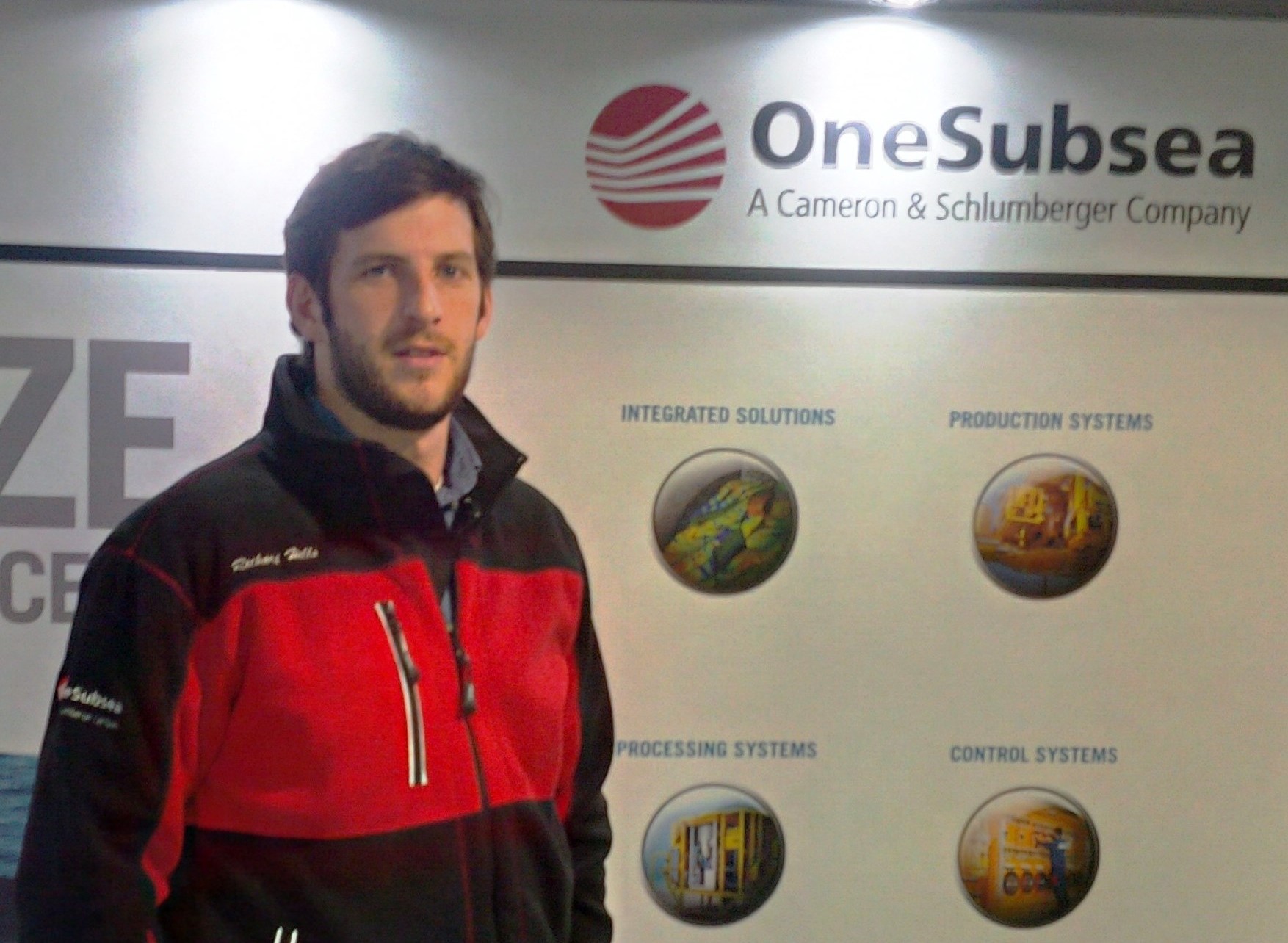Making the decision to go back to university can be tough, particular for those who plan to juggle studying with work.
There is no doubt that coming home from a long day and having the motivation to start on university work is challenging but for one Aberdeen professional, a unique postgraduate qualification has proved to be a great way to stand out from the crowd and climb the career ladder.
Richard Hills, 26, decided to enrol on the MSc Commercial Practice for the Energy Sectors (CPES) course at Robert Gordon University (RGU) at the start of 2013 in a bid to progress his career.
Two years into the degree and he is delighted to have recently secured a position as a proposals specialist at One Subsea.
Richard said: “I decided to self-fund my way through the MSc in Commercial Practice for the Energy Sectors course in the hope that it would help me stand out to potential employers within the oil and gas industry.
“Since starting the MSc at RGU, two different companies in the industry have offered me positions and both were extremely interested in the course.”
The online distance learning course was introduced by RGU in 2012, in response to the demand from energy companies for surveying and project management graduates to work in commercial-focused roles.
Working closely with key industry advisors, the content of the course was designed to meet the particular requirements of the energy sectors, including commercial management, risk and supply chain management, contract practice and project management.
Richard said: “The course has been great so far, I particularly enjoy having the freedom to review the material provided at my own pace. It means I can easily fit the workload in around my work and social commitments and has allowed me to further develop my time management skills.
“I think the course interests and benefits employers as it shows that you are willing to continuously try to improve yourself. They appreciate that the commercial side of the industry is often filled with people from a predominantly technical background who perhaps don’t understand the value that can be created through good commercial practice.
“The flexible learning nature also allows you an opportunity to gain experience at the same time as an additional qualification and allows you to immediately bring this knowledge into your day-to-day work.”
Norman McLennan – vice president, Commercial & Supply Chain Global Upstream Oil & Gas, Sasol Petroleum International – played a key role in the development of the course, which is taught by academics in conjunction with industry practitioners to ensure its continued relevance.
Mr McLennan believes investing in ‘upskilling’ current employees is one of the best ways for companies to get people with the expertise they need and helped advise RGU on the skills the industry wants.
He said: “Companies in the energy sector are always looking for employees with relevant commercial skills and have previously looked to take on surveying and project management graduates to fill that need.
“Working with staff at RGU’s Scott Sutherland School of Architecture and Built Environment, we looked at how we could develop a course geared specifically towards producing employees with the perfect set of commercial skills which are portable and can be applied to different strands of the energy sector, whether that is oil and gas, renewables or decommissioning work.”










